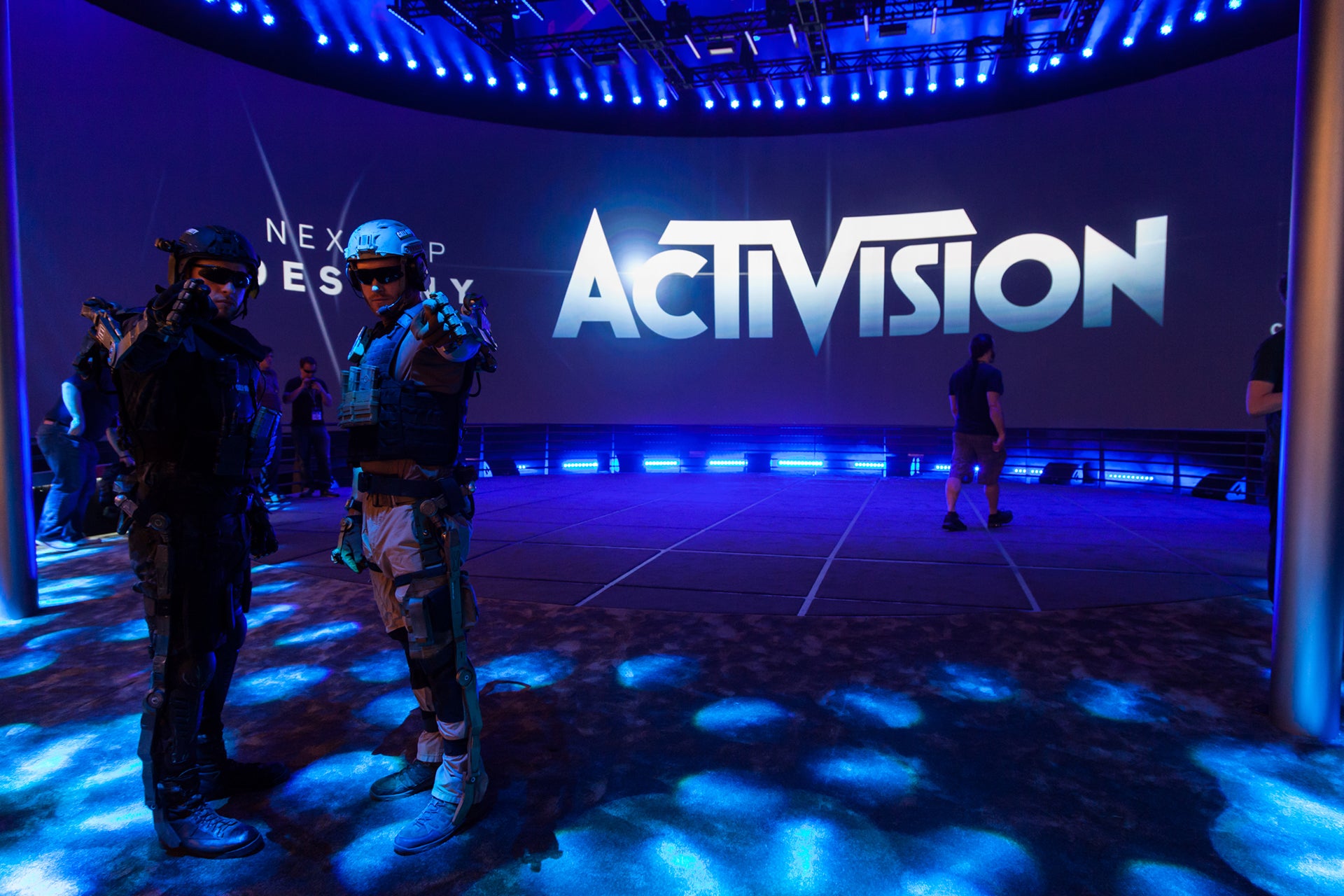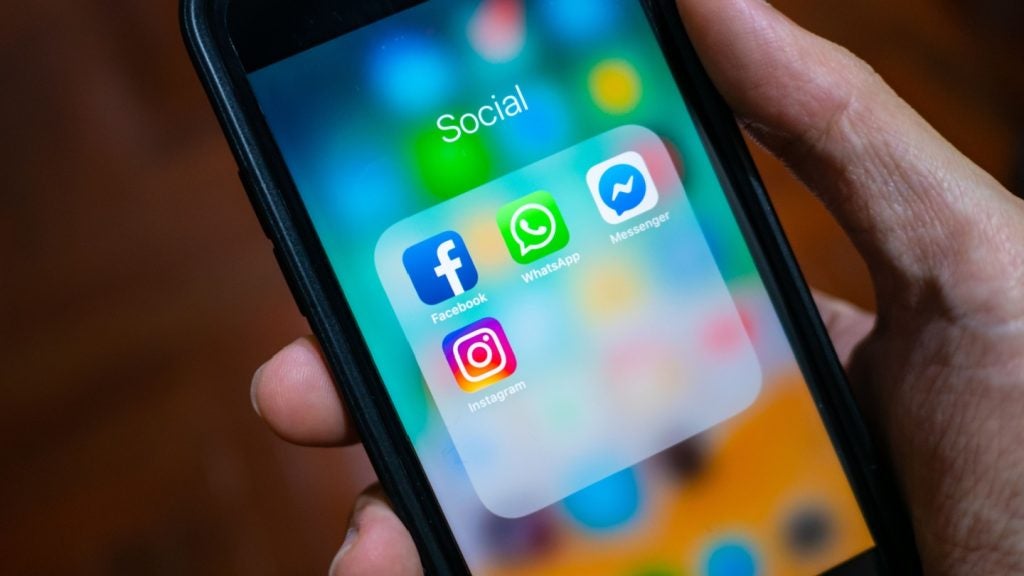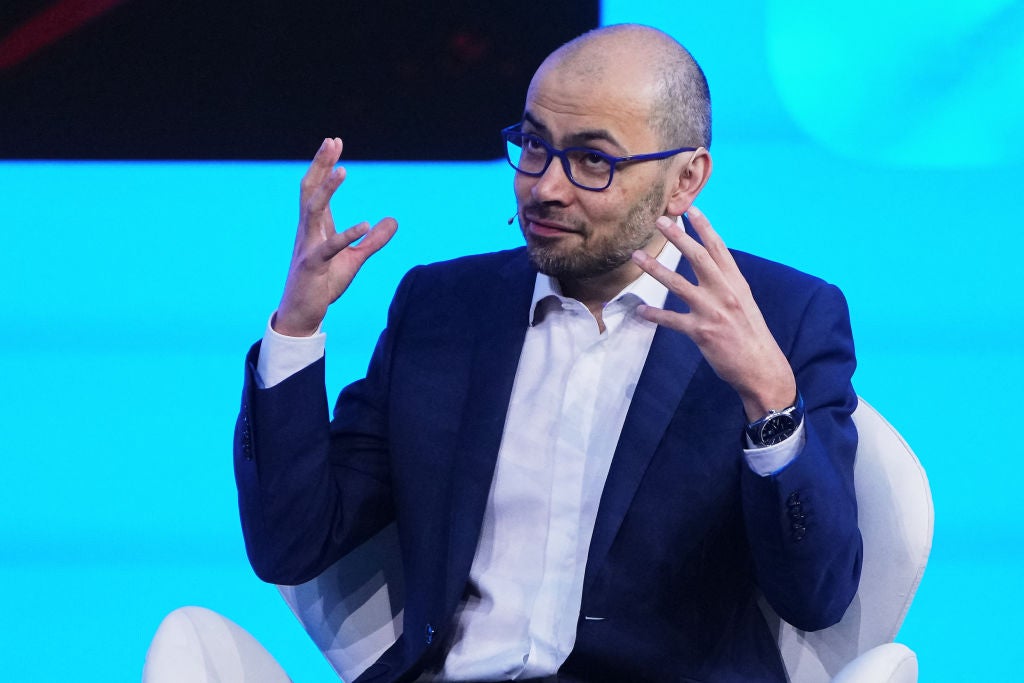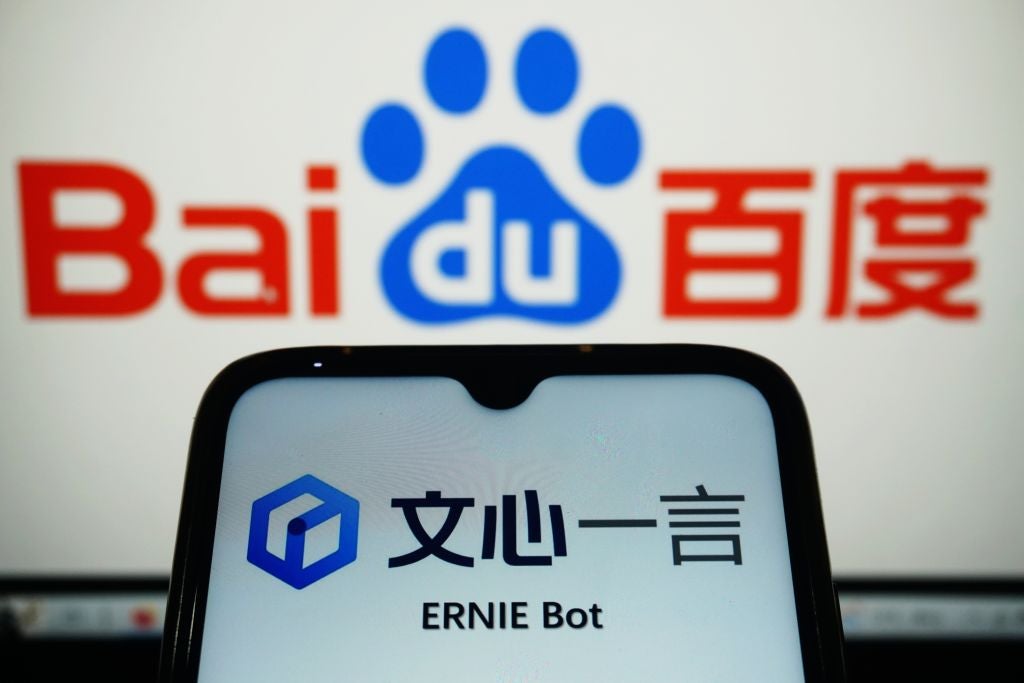
Hundreds of Activision Blizzard employees have signed an open letter accusing the gaming goliath of creating an atmosphere that “disbelieves victims” of sexual harassment and discrimination. The workers wrote the letter after the World of Warcraft developer responded to a California lawsuit accusing the company of harbouring a toxic culture.
Activision Blizzard is ranked as the tenth biggest leader in the esport industry, according to GlobalData’s recent thematic scorecard. Competitors like Epic Games and Electronic Arts scored higher on some key themes such as virtual and augmented reality, their impact in China and ability to handle regulation.
California’s Department of Fair Employment and Housing (DFEH) filed the lawsuit against Activision Blizzard in the California courts on 20 July. The document paints a grim picture of the workplace environment at Activision Blizzard.
The DFEH accuses the Call of Duty company of harbouring a “frat boy” culture that encouraged drinking, sexual banter, harassment, and, in one case, a male superior telling a male employee to “buy” a prostitute to fix his bad mood.
As a result, female employees were allegedly constantly harassed by male colleagues at Activision Blizzard. The DFEH claims “women were subjected to numerous sexual comments and advances, groping and unwanted physical touching, and other forms of harassment.”
The lawsuit also alleges that the workplace culture contributed to the suicide of an unnamed female employee.
How well do you really know your competitors?
Access the most comprehensive Company Profiles on the market, powered by GlobalData. Save hours of research. Gain competitive edge.

Thank you!
Your download email will arrive shortly
Not ready to buy yet? Download a free sample
We are confident about the unique quality of our Company Profiles. However, we want you to make the most beneficial decision for your business, so we offer a free sample that you can download by submitting the below form
By GlobalDataActivision Blizzard has denied any wrongdoing. The company said it was “sickened” by the DFEH dragging “into the complaint the tragic suicide of an employee whose passing has no bearing whatsoever on this case and with no regard for her grieving family.”
“We value diversity and strive to foster a workplace that offers inclusivity for everyone,” Activision Blizzard said in a statement given to The Verge. “There is no place in our company or industry, or any industry, for sexual misconduct or harassment of any kind. We take every allegation seriously and investigate all claims. In cases related to misconduct, action was taken to address the issue.”
Activision Blizzard also said that the DFEH’s accusations include “distorted, and in many cases false, descriptions of Blizzard’s past.”
The company claimed that the picture drawn by the regulator was not that of “the Blizzard workplace today”, adding that Activision Blizzard has worked tirelessly for years to create a more diverse workplace culture and more ways for employees to report harassment.
The Activision Blizzard employees’ open letter
However, hundreds of Activision Blizzard’s current and former employees disagree with that image. They also take issue with internal memos about the suit. In an open letter shared with several publications, they say their employer’s claims that the DFEH’s accusations are “false” and “distorted” risk creating “a company atmosphere that disbelieves victims.”
“It also casts doubt on our organizations’ ability to hold abusers accountable for their actions and foster a safe environment for victims to come forward in the future,” the letter continued. “These statements make it clear that our leadership is not putting our values first. Immediate corrections are needed from the highest level of our organization.”
The signatories to the letter accuse Activision Blizzard’s management of having issued a “simply unacceptable” response to the allegations from “so many current and former employees” who have told “about their own experiences regarding harassment and abuse”.
They also called for the company’s executive vice president for corporate affairs Frances Townsend “to step down as Executive Sponsor of the ABK Employee Women’s Network as a result of the damaging nature of her statement.”
The number of signatories is unclear. Bloomberg put the figure at “nearly 1,000” whereas Polygon put it at “over 800”. Activision Blizzard says it has 9,500 current employees: how many it may have had in total is not publicly known.
Big Tech discrimination
The sexual harassment claims facing Activision Blizzard are by no means the only ones levied against a Silicon Valley company. Google, Facebook and Apple are just some of the Big Tech companies that have faced allegations of harbouring toxic cultures.
Issues like these are set to grow in importance. Investors are increasingly looking into environmental, social and governance (ESG) factors when deciding on whether or not they should invest into a company. Sexual harassment claims, like the ones facing Activision Blizzard, are therefore likely to become an important decision factor in the years to come.
“Across all economic sectors and geographic areas, companies face increasing pressure to adopt more socially sustainable practices,” a recent GlobalData thematic research report noted. “This pressure is coming from multiple sources and directions, including investors, regulators, activists, news media, social media, and the general public.”
In fact, ESG has already had an impact in some of the most highly publicised public debuts in 2021.
When British food-delivery startup Deliveroo filed for its initial public offering (IPO) in March, some of the UK’s leading investors said they wouldn’t invest in the company’s float. They were worried about Deliveroo’s reliance on gig economy workers, among other things.
As a consequence, Deliveroo was forced to slash its initial goal of £8.8bn valuation at the IPO. Instead, the startup lowered its sights to a range of £7.6bn to £7.85bn.
However, even that proved too ambitious. The company lost 26.4% of its value on the day of the float. Following the flotation fiasco, it is currently trading at a £5.36bn market cap.







